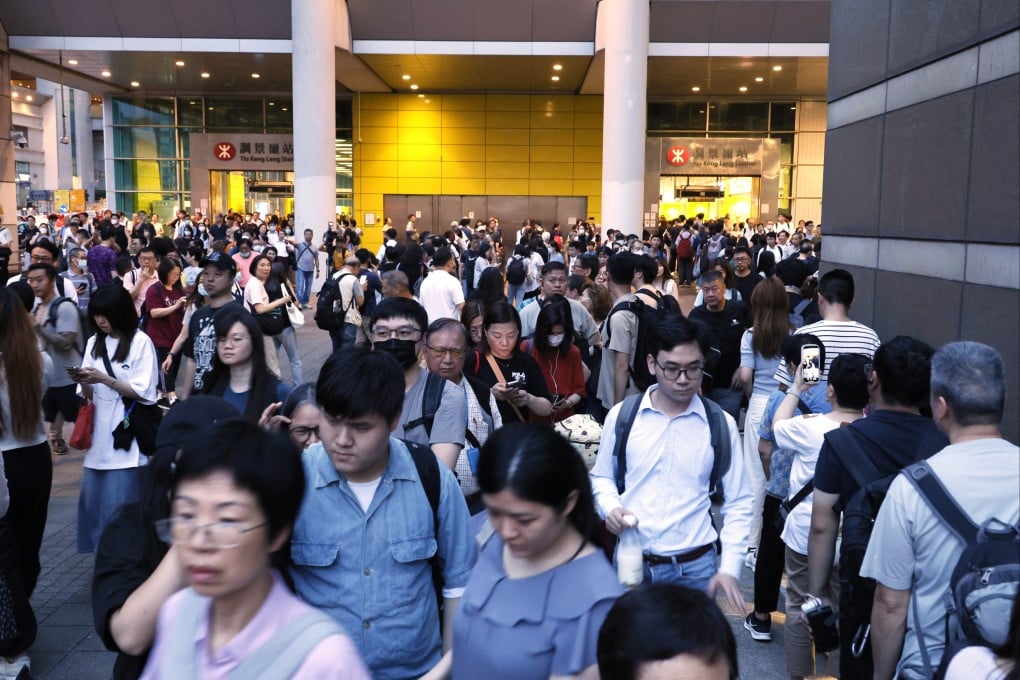Letters | How MTR can plan ahead for unavoidable service disruptions
Readers discuss the need for proactive rather than reactive crisis handling, clarifying the purpose of the penalty for disruption, and caring for teachers’ emotional well-being

As infrastructure ages, some service deterioration is inevitable. But resilient cities prepare for problems, not ignore them. In the US, metro systems in New York, Boston and San Francisco now face routine service failures – riders left not by choice but due to lost reliability. Hong Kong must not go down that road.
MTR Corp must shift from reactive to proactive crisis handling. Current responses are often ad hoc and vary by incident. Instead, MTR could maintain pre-coordinated response plans across peer transport providers and communicate tailored alternatives to passengers in real time via the MTR app. Disruption may be unavoidable, but confusion doesn’t have to be.
Its performance evaluation should also move beyond narrow technical metrics. Current penalties focus on service downtime, but passengers feel delays more broadly. A train delay may be 15 minutes, but a passenger delay could spiral into hours when connections are missed and alternatives are unclear, especially across the harbour. Penalties and improvements must reflect the full passenger experience.